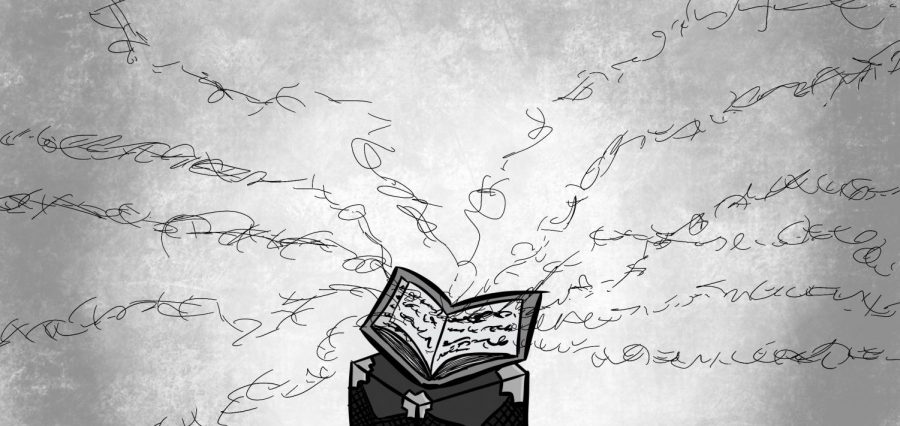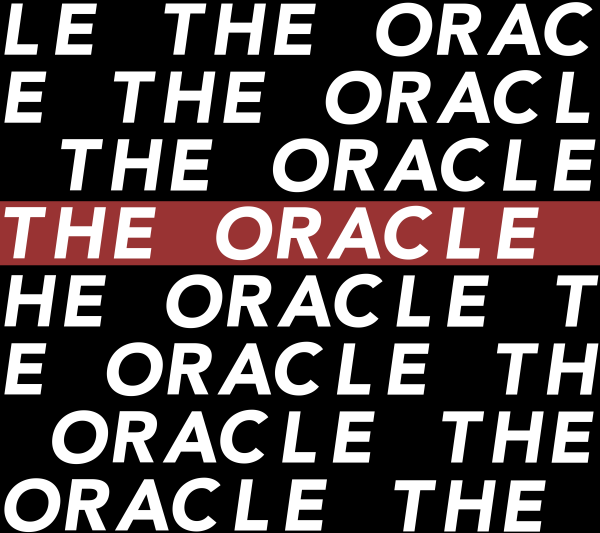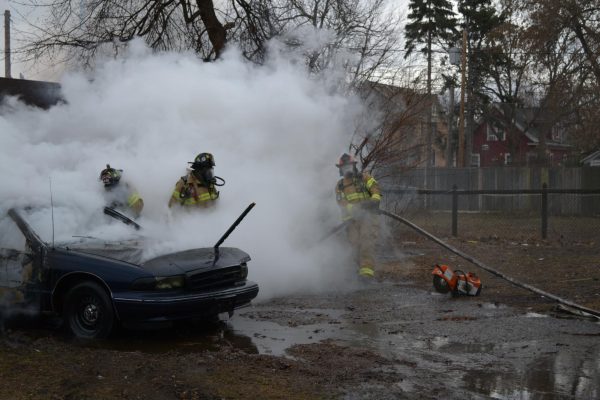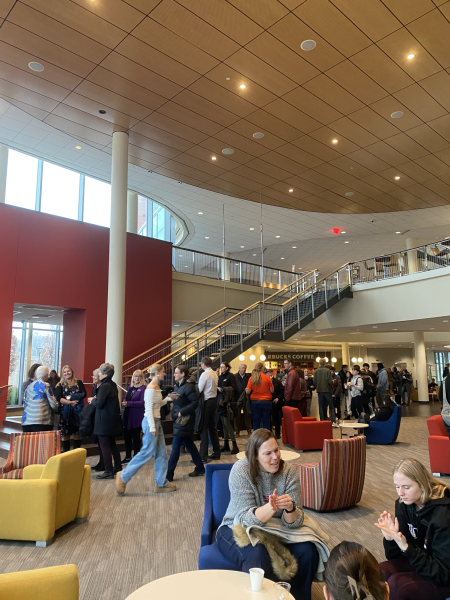The other side of history textbooks
How schools have taught history with a single narrative.
March 17, 2021
History class was always an interesting yet restricting subject to take in high school. Teachers would go over coordinated notes and give us lessons on what the government approved for them to teach. We would hear the sound of pages flipping open while reciting dates and names needed for upcoming tests. Reflecting on Black History Month, I wanted to give a feel for what I believe is the new dawn of child education.
The senior year of high school for 2020 strolls along and despite the pandemic, many of my fellow underclassmen were excited once our local high school brought together a class on African-American history course. After many rough encounters on the nature of the material high schoolers were learning from a qualified person as well.
Schools have been lacking in their earlier times on properly giving students of a minority the chance to hear and learn the history that is often skipped over despite the large impacts it has made for us. With one narrative of history taught to us as a reminder of the accomplishments from the dominating group that settled here.
A lot of what is taught to us is considered the most important fundamentals of history, yet doesn’t really cover the other sides that actually build to what brought the functions we have today. To simply rephrase, what is being brought up, how much of history do we really know?
Sure, you can go and major in history and have a career in it if you’re truly interested in the field. What irks me is looking back to notice the lack of basic historical information on things other than the general European narrative of what is said to be required for us to first know. I’m glad this generation of young students is being given the opportunity to strip away that mindset and use other lenses to view history.
The excitement from my younger siblings when they learn about people in history similar to them and making a change is amazing. New role models are emerging from the history books. I’m glad to see such a change. Knowing that people similar to you have made a difference that has marked history is enlightening and encouraging. It lets the world show that anyone can make a lasting difference.
So as we continue on and enter Women’s History Month, let’s give a nice light noted reminder that things are progressing. We aren’t alone in these battles and celebrations as voices from minorities are being heard. Let’s hope to see a future where all of these battles became pages in a book and classes teach the full perspectives of these past chapters. A future where the fundamentals in learning about the past have a more diverse scope and children of the future can feel encouraged to make a change.
A history with more than one narration, because we need more than one to fully understand and learn with true interest.






